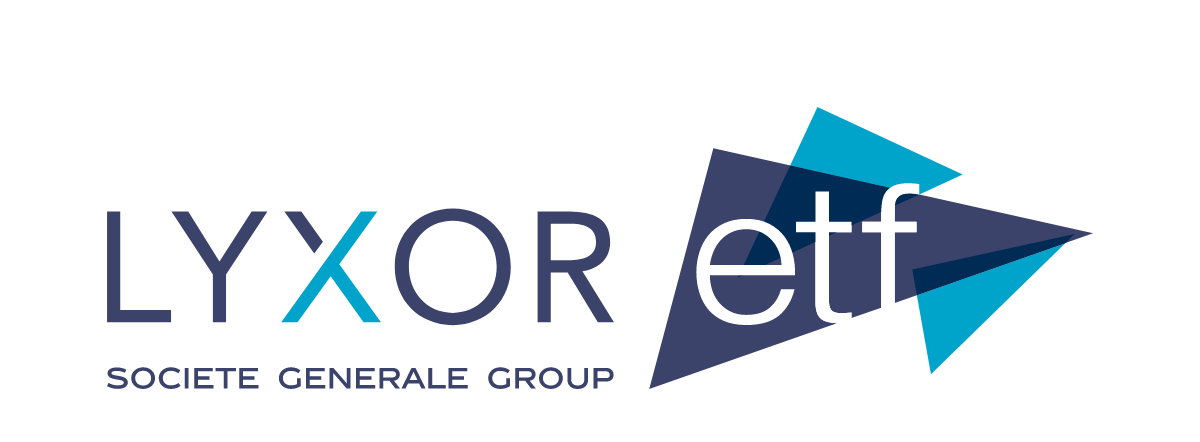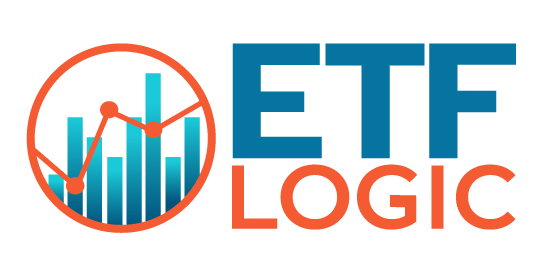European bank ETFs are down after sanctions designed to isolate Russian banks from the international financial system hit key European players reliant on Russian clients and partners.
The Lyxor STOXX Europe 600 Banks UCITS ETF (BNKE) led the downward spiral, falling 12.1% in the week to 28 February and 6% on Monday alone, according to data from ETFLogic.
Furthermore, the Invesco EURO STOXX Optimised Banks UCITS ETF (S7XE) also fell 6% in a single day and 12% over the week while the iShares EURO STOXX Banks 30-15 UCITS ETF (EXA1) shed 11.6% over a tense seven days and 5.6% on Monday.
Cyclical sectors such as financials tend to perform well amid periods of tightening monetary policy and rising inflation due to their tighter balance sheets and lending services.
This convention has been thrown out in recent weeks as western governments chose financial punishments over military mobilisation as the way to apply pressure on Russia, a decision which is blowing back on European banks.
With many countries having blacklisted investments in Russian sovereign debt, the next steps were to escalate sanctions against the country’s central bank and individual banks.
Leaders from North Atlantic Treaty Organisation (NATO) and European Union member states agreed to freeze the Russian central bank’s assets, limiting access to its $630bn in international dollar reserves.
Taking an especially punitive stance, the UK banned its citizens and businesses from transacting with the Russian central bank, finance ministry and wealth fund. It also excluded all major Russian banks from its financial system, preventing them from clearing payments in the UK or accessing sterling.
However, after initial hesitation, the EU, US and UK’s recent decision to weaponise the SWIFT messaging system has had an especially pronounced effect in stifling some Russian banks’ international presence.
SWIFT plays a key role in facilitating seamless transfers of trillions of dollars of payments across borders. The inability to perform these transactions is a real dilemma for the banks being targeted and in combination with other sanctions, has led to a bank run as savers line up at ATMs in Russia.
In a statement on Tuesday, SWIFT said: "We will always comply with applicable sanctions laws.
"We are engaging with these authorities to understand which entities will be subject to these new measures and will disconnect them once we receive legal instruction to do so.”
Elsewhere in Europe, the impact of these measures is also being felt by the clients, partners and creditors of Russian banks.
The Single Resolution Board (SRB) highlighted the “significant deterioration of the liquidity situation” at the Austrian, Croatian and Slovenian businesses of Sberbank, Russia’s largest bank and one of those affected by SWIFT exclusion.
The SRB also suspended Sberbank Europe subsidiaries’ payment and delivery obligations, meaning it would not oblige the bank to make pre-agreed payments or honour enforcement or termination rights.
Regarding European financials themselves, Austrian bank Raiffeisen generates around a third of its profits from Russia, with similar stakes in Russia’s domestic banking market held by France’s Société Générale and Italy’s UniCredit.Raiffeisen shares dropped 49.4% over the past month while SocGen shares fell 31% and UniCredit’s valuation shed 28% over the same period.
The strategy team at Saxo Bank also warned: “Another angle is that shifts in Russian elites’ wealth abroad that are looking to avoid sanctions could create disruptive effects in the global financial system.”
Following the SWIFT sanction decision over the weekend, German stocks took a beating on Monday, with Commerzbank and Deutsche Bank both falling by more than 8% apiece.
Even before this, investor concerns over the overlap between German financials and Russia was clearly illustrated as the Xtrackers DAX UCITS ETF (XDAX) and iShares Core DAX UCITS ETF (EXS1) saw $109m and $59m outflows last week.
Related articles








